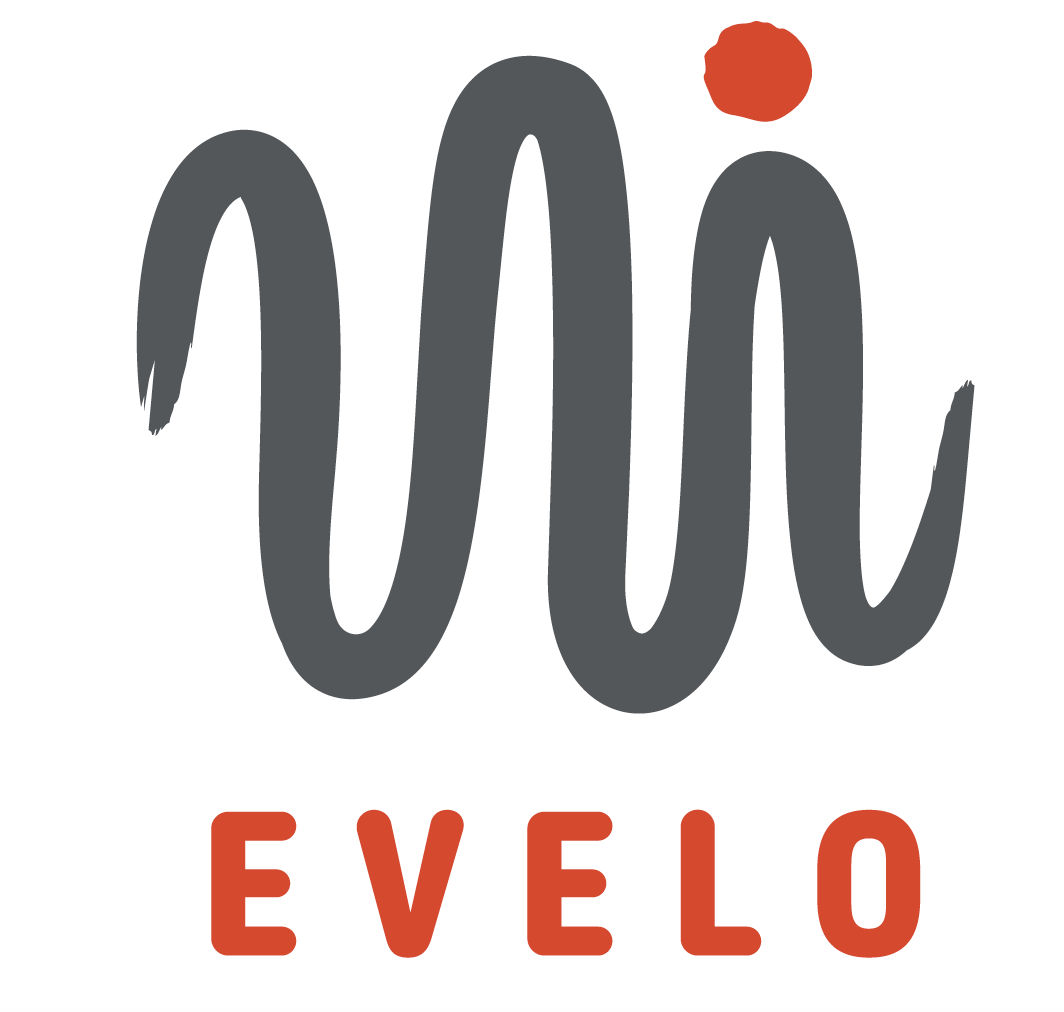Evelo Biosciences is shutting down, a move that follows a series of clinical trial setbacks, a corporate downsizing, and the failure to secure additional financing to continue its work developing microbiome therapies that work in the gut to treat immune disorders.
Cambridge, Massachusetts-based Evelo disclosed the dissolution plans in a Tuesday regulatory filing. The company said that on Monday, the board of directors determined that dissolving the business is in the best interests of Evelo and its stockholders.
“The board believes dissolution presents the best opportunity for recovery for the company’s creditors and may also provide an opportunity for future payments to its other stakeholders, including Evelo’s stockholders,” the company said in the filing.
Evelo was formed in 2014 by investment firm and startup creator Flagship Pioneering. Incubating within Flagship’s VentureLabs, the company researched the interface between microbes and the immune system. Evelo went on to develop orally administered microbes intended to engage with the gut to drive immune responses for the potential treatment of inflammatory conditions and cancer. When the company went public in a 2018 IPO that raised $85 million, its most advanced programs were in early clinical development in atopic dermatitis and psoriasis.
Evelo’s microbiome therapies failed to live up to their promise in the clinic. The company weathered disappointing data readouts for various microbiome therapeutic candidates. The clinical trial setbacks continued into this year. In February, Evelo announced results for EDP1815 in atopic dermatitis showing that the first three cohorts in a Phase 2 test did not meet the main study goal. Citing the challenging financial environment, Evelo implemented cost-cutting measures, including layoffs. In April, Evelo reported that the fourth cohort of EDP1815’s Phase 2 test, which evaluated a faster-release formulation, also missed the trial goal. Consequently, Evelo discontinued further development of this atopic dermatitis candidate.
Evelo’s annual report issued in March listed a cash position of $47.9 million, which the company estimated would be enough to last only into the third quarter of this year. In July, the company closed a $25.5 private placement led by Flagship, which the company planned to use to complete Phase 2a testing of EDP2939 as a treatment for moderate psoriasis. But last month, Evelo announced that this drug candidate also failed to meet the main clinical trial goal. The company announced the exploration of strategic alternatives, such as finding partners for its assets and the platform technology used to develop them. No deals were done.
The field of microbiome therapies is making headway, but the progress has been hard won. Seres Therapeutics, a Flagship-founded company, won FDA approval in April for Vowst, a capsule containing live microbes intended to restore equilibrium to the gut microbiome as a way of treating recurrent Clostridioides difficile infection. The landmark regulatory decision followed a Phase 2 clinical trial failure that set back Seres’s research for years. Kaleido Biosciences, yet another Flagship-founded microbiome biotech, shut down last year following its own clinical trial and financing misses.
According to the Evelo regulatory filing, the company’s entire board resigned on Monday. CEO Simba Gill and CFO Marella Thorell have also lost their jobs. They will continue to consult with and advise the company on matters related to the dissolution for a fee of $3,150 per day for Gill and $2,262 for Thorell.
Before the board resigned, it appointed Craig Jalbert to take over the duties of Gill and Thorell. Jalbert is a principal of accounting firm Verdolino & Lowey, and his experience includes overseeing the wind down of public and private companies. Evelo will pay Jalbert $10,000 per month until the company’s dissolution. The dissolution plan still needs the approval of Evelo shareholders. The date of the shareholder meeting has not yet been determined.
Evelo’s opening stock price on Wednesday was 57 cents. When Evelo went public in 2018, it priced its shares at $16 apiece.
Image: spawns, Getty Images







